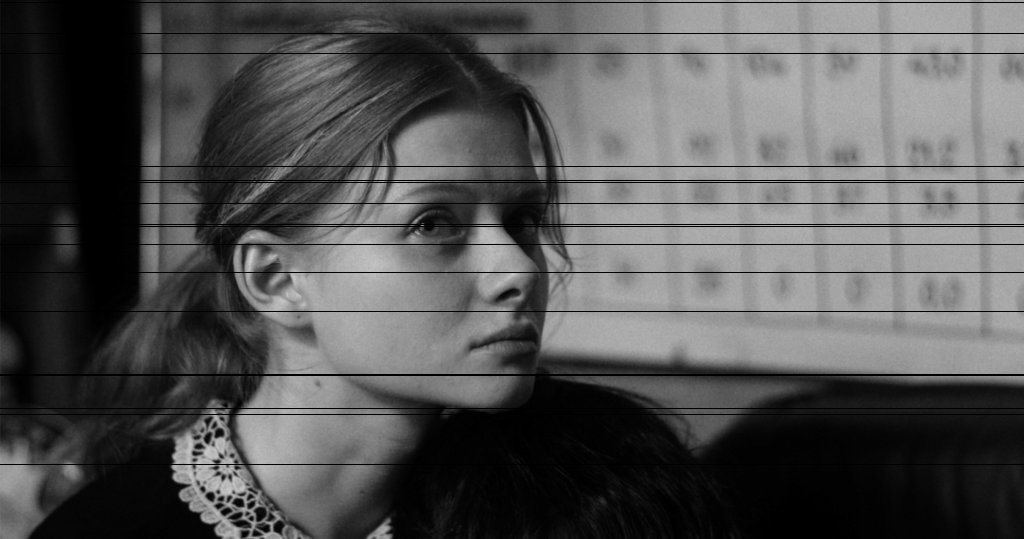Jessica Oreck is a writer and director. Her first film, “Beetle Queen Conquers Tokyo,” was nominated for an Independent Spirit Award in 2010 and aired on PBS’ “Independent Lens” series, as well as playing theatrically around the world. Since then, her credits have included ” “Venus,” “Aatsinki: The Story of Arctic Cowboys,” and “The Vanquishing of the Witch Baba Yaga.”
“One Man Dies a Million Times” will premiere at the 2019 SXSW Film Festival on March 9.
W&H: Describe the film for us in your own words.
JO: Part documentary, part legend, and part oral history, “One Man Dies a Million Times” is the true story of one of the world’s most important seed banks and the heroism of the botanists who worked there throughout the Siege of Leningrad. But the whole film takes place in a near future that is disturbingly close.
These characters aren’t musty, forgotten extras from antiquity—these are living, breathing contemporaries, enduring a world that is both familiar and relevant. What they are fighting for is even more critical now than it was 85 years ago.
W&H: What drew you to this story?
JO: Even though this is a true story from the past, the seed bank remains an immensely valuable part of our modern world. One of the main drivers behind the film is how important the actual collection is—not just the story around it, but its real-life future and the way our own future is tied to it.
W&H: What do you want people to think about when they are leaving the theater?
JO: I want people to see this movie and walk away not with some falsified hope or melodramatic romance, but with a feeling of the weight of what we are capable of—the absolute worst of humanity and its absolute best, too.
But I also hope, in a time where relations between the U.S. and Russia are slippery and treacherous, that this story is a powerful message about the universality of suffering and strength.
W&H: What was the biggest challenge in making the film?
JO: So many things! The idea for this project had been festering for almost a decade. The more research I did, the more the story haunted me. I spent years researching, reading, watching—it felt like the first time that history came alive for me. This was no longer just a story to me, but an actual reality. Trying to transfer that into a film felt nearly impossible.
This was also my first time directing a feature film of this scale and of this genre. Coming from ethnobiology-based documentary, this sort of hybrid of fiction and non-fiction in the same theme seemed like a natural progression for me—a sort of extension of my documentary work.
Working with a crew and actors and lights and money and all the minutiae that goes into fiction filmmaking was also incredibly daunting. And yet, here we are, and I am so proud of the work that we’ve accomplished.
W&H: How did you get your film funded? Share some insights into how you got the film made.
JO: Getting this film funded was difficult. Trying to convince foundations that they should send money to Russia right as Trump was taking office proved, well, challenging. But I was very lucky to have a couple of generous donors and investors that swooped in to help out. And grants of course. I’m endlessly indebted to the TFI Sloan Filmmaker Fund for the immense amount of support they have provided, financially and otherwise!
W&H: What inspired you to become a filmmaker?
JO: I grew up without TV, so when I saw my first nature program in school at age 14—David Attenborough’s “Private Life of Plants”—I felt like my life’s path had been illuminated. I studied filmmaking, biology, and ecology in university and started working as a docent and live animal keeper at the American Museum of Natural History in New York.
My work at the museum shifted my interest from capturing “wild” nature to studying how we portray that type of rarified nature in education and media. Thus began my fascination with ethnobiology—the way human cultures interact with the natural world.
W&H: What’s the best and worst advice you’ve received?
JO: Best: “Lean into It.”
Worst: “We’re used to watching rough cuts; go ahead and submit.”
W&H: What advice do you have for other female directors?
JO: My advice for any director is just to be 100 percent sure that this is what you want more than anything else. If the idea of making a film isn’t keeping you up at night, it’s probably not the right one.
W&H: Name your favorite woman-directed film and why.
JO: “Beau Travail” by Claire Denis. I’m actually speechless. I don’t know how to talk about that film — it’s just perfect.
W&H: It’s been a little over a year since the reckoning in Hollywood and the global film industry began. What differences have you noticed since the #MeToo and #TimesUp movements launched?
JO: Honestly, I am so far removed from the film world, and I’m currently living in a tiny town in South Korea, so I don’t really have any recent personal experience to pass judgment on that. But talk to me in a couple months after being on the festival circuit and I may have something—hopefully positive—to say!







